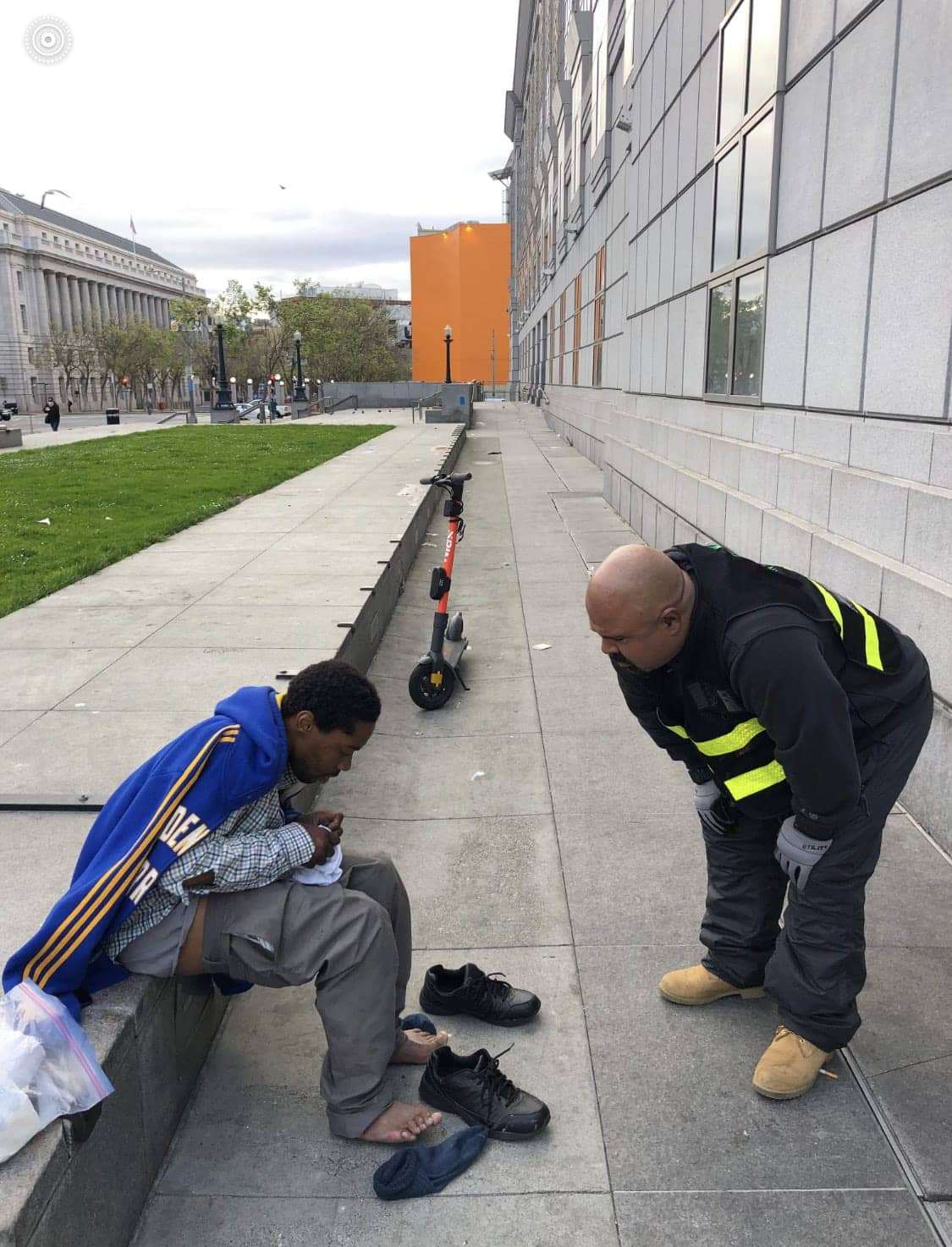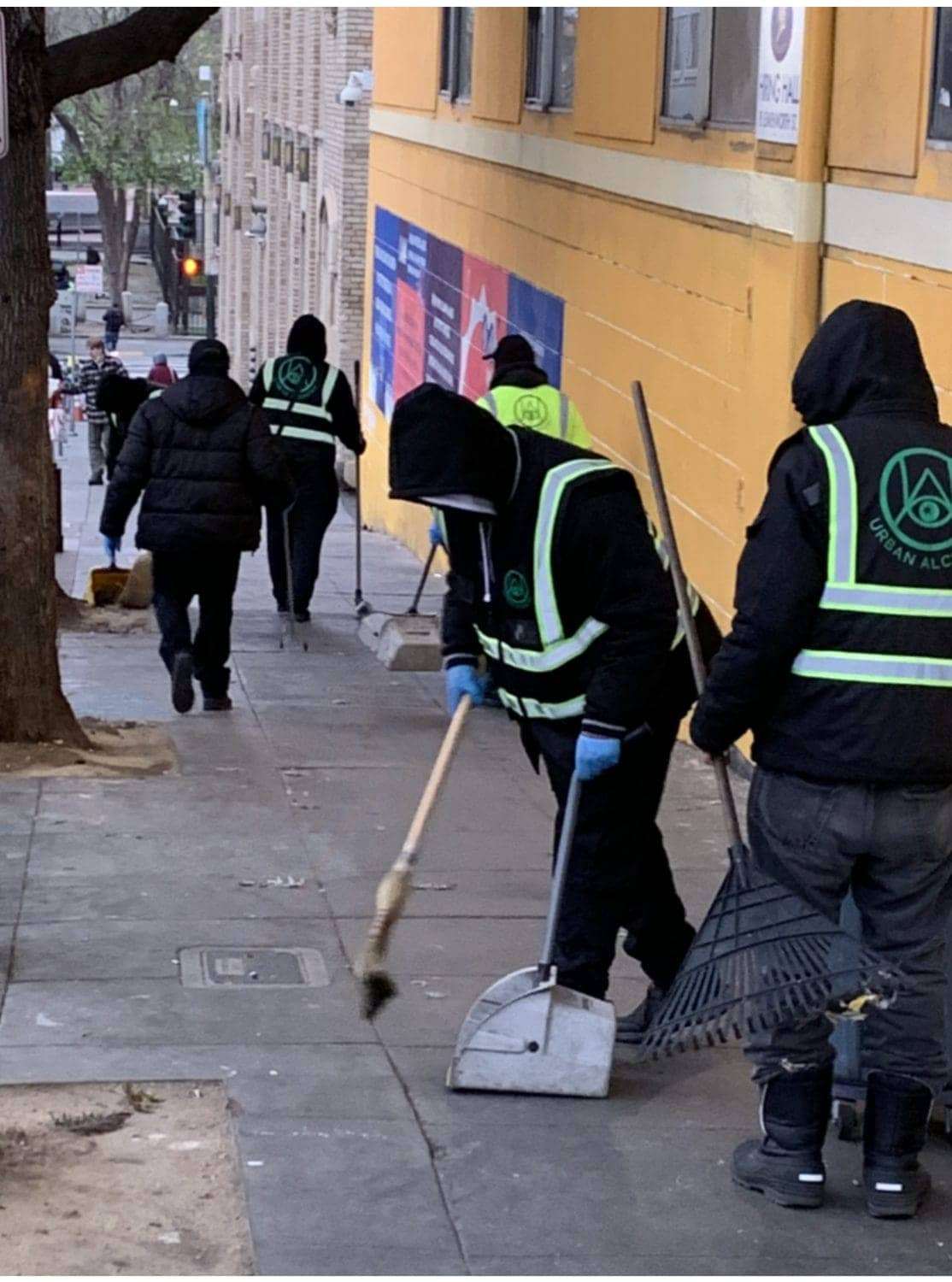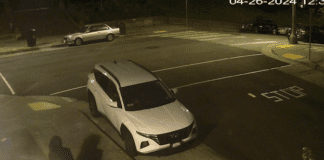
by Rodney Wrice
In the ongoing struggle to address homelessness, addiction and mental health crises on the streets of San Francisco, Mayor London Breed’s initiative to deploy and fund street outreach teams has been met with both praise and scrutiny. The recent misleading audit of the city’s 11 street teams has shed light on significant challenges, revealing issues of disorganization, lack of oversight and varying effectiveness among the teams.
However, amidst this backdrop, from my perspective and what many in the community believe, Urban Alchemy stands out as a shining example of success, offering a compelling argument for why the city should rally behind the mayor’s vision.
San Francisco’s street teams play a crucial role in responding to a spectrum of emergencies, from overdoses to mental health crises, aimed at alleviating the burden on law enforcement and addressing public health and quality-of-life issues. Mayor Breed’s endorsement of these teams, backed by nearly $50 million in funding over the past year, reflects her commitment to tackling the escalating crises gripping the city, including a surge in fatal overdoses.
The audit’s revelations about the dysfunction and lack of uniformity within the existing street team system are undeniably concerning. Supervisor Dean Preston, who spearheaded the audit, emphasizes the urgent need for improved oversight, coordination and resource allocation to maximize the teams’ effectiveness. The report’s seven key findings expose disparities in data collection, goal achievement, messaging and overall planning among the various street teams, raising questions about their collective impact on San Francisco’s persistent challenges.

One standout success story in this complex landscape is Urban Alchemy, a street team model that has demonstrated unparalleled efficacy in transforming lives and revitalizing neighborhoods. In my book, “Overcoming Gangs and Poverty,” I write about myself as an example. What sets Urban Alchemy apart is its composition of long-term offenders who have experienced the same conditions they now seek to improve. These individuals, once ensnared in the cycle of homelessness and addiction, and in my case a once 40-year-to-life prison sentence of which I served 33 years, and others like Director of Bay Area Operations Artie Gilbert, Residential Services Directors Brian Shepperd, Tommy Brown and Evrett Butler, Shower and Felt Manager-Director Matthew Milor, Mid-Market and Tenderloin District Directors Nathen Sims and Adisa, Excelsior District Supervisor Michael Luong and so many others, all who have served more than 25 years incarcerated, are now on the frontline, effecting positive change and visibly altering the city’s landscape for the better.
The audit points out the rapid expansion of San Francisco’s street teams, particularly during the second wave in 2020, without a corresponding increase in capacity. This has led to challenges in assessing meaningful client outcomes for certain teams, a critical issue that demands immediate attention. However, Urban Alchemy stands out as a model that consistently reports performance metrics and achieves established goals, showcasing its commitment to accountability and transparency.
One alarming finding of the audit is the lack of contract oversight, particularly within the Department of Public Health (DPH). Instances of contractors operating without formal monitoring reports for over two and a half years raise serious concerns. Urban Alchemy’s success lies not only in achieving its goals but also in adhering to contractual obligations, providing a model for other street teams to follow not only here in San Francisco where such work is truly needed and essential to reviving San Francisco and ending the growing spread of homelessness, open air addiction and the suffering of mental illness which leads to breakdown in community safety but in Los Angeles, Texas and Portland, Oregon, as well.
While the audit paints a complex picture of data management issues and insufficient shelter availability affecting some street teams, Urban Alchemy’s results tell a different story. By successfully reducing the volume of 911 calls and emergency room visits through its vigilant process in the community and the operations of its Heart Team, Urban Alchemy exemplifies how an effective street team can be a springboard for positive change.
Supervisor Preston rightly emphasizes the heroic efforts of street teams, acknowledging their challenging work while urging the city to better support and set them up for success. The mayor’s commitment to strengthening coordination among the city’s teams is a step in the right direction, with a focus on delivering tangible results on the streets and providing essential help to those in need.
While the audit exposes critical issues within San Francisco’s current street team infrastructure, it undermines Mayor London Breed’s intention to provide a safer, more productive SF, that thrives and grows with every support of her street team vision. With Urban Alchemy emerging as a lightning rod of hope, supporting Mayor Breed’s vision and channeling resources towards proven models like Urban Alchemy can pave the way for a safer, cleaner San Francisco, where those who have overcome adversity are at the forefront of creating lasting positive change on the city’s streets. My new book, “Pathway to Renewal,” out the third week of November, is sure to turn even the strongest critic into a fan and supporter of street teams like Urban Alchemy.
Rodney Wrice is a former long term offender, published author of the book “Overcoming Gangs and Poverty” and co-creator of the online magazine Changing Lives Forever on Substack. He is an impactful public speaker and stern advocate for second chance and changing the narrative in the community.

 Store
Store


